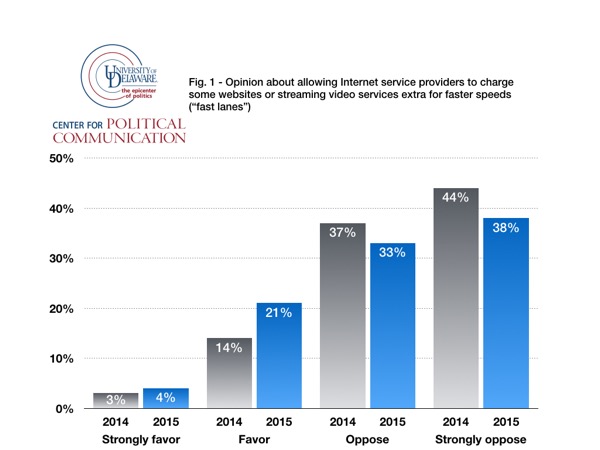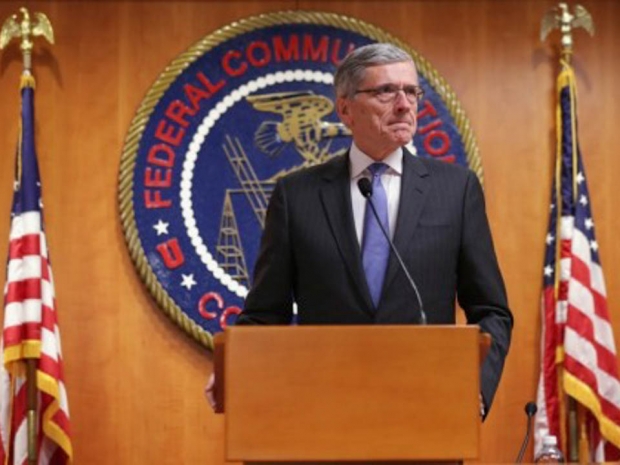Though Wheeler's role as chairman was often influenced by other political shapings in Washington DC, many of his positions stemmed in large part from precedents introduced under the former chairman's leadership during current US president Obama's first term in office. Julius Genachowski, who headed the FCC from January 2009 to April 2013, was responsible for the creation of the country’s first national broadband plan, the re-allocation of spectrum from OTA TV broadcasters, and a very heated debate over Net Neutrality and web openness. In 2010, his commission passed the Open Internet Order, which led to regulations establishing the latter two principles.
The chairman then took office in November 2013, after working as a venture capitalist and lobbyist for the cable and wireless industry. The first major case against the Open Internet Order was decided by the courts two months later in January 2014, which determined that the order could only be applied to “common carriers,” preventing the FCC from regulating any broadband ISPs.
In April 2014, the FCC faced heavy criticism from net neutrality advocates for considering rules which would make it easier for wealthy companies to pay ISPs for faster access “lanes” to delivering their content. This became known as “paid prioritization.” The rules, which were eventually passed by a 3–2 vote the following month, were opposed by at least two thirds of US Americans in polls published a few months later and again in 2015.
“Why should everyone subsidize fans of `House of Cards?'” asked Michael Powell of the National Cable and Telecommunications Association (NCTA), a lobbying arm of the cable industry, referring to the popular Netflix series.

Source: University of Delaware (December 2015)
Wheeler reiterated later in January 2015 that the FCC would propose rules that say “no blocking, no throttling, no paid prioritization” and would do this by reclassifying the ISPs as a Title II “common carriers,” according to the Communications Act of 1934. And the following month in February 2015, it ruled in another 3–2 vote, to change the internet from being an information service back to a telecom service, which prevents any ability for paid prioritization.
Of course, the broadband industry attempted to appeal the decision but lost its lawsuit to overturn Title II reclassification in June 2016, making the decision that Wheeler would quit during his tenure as chairman. His official statement of resignation following three years of work at the agency can be found here.




